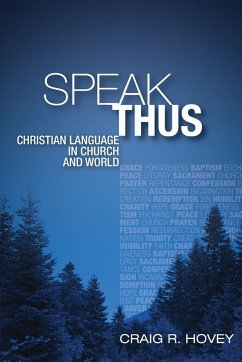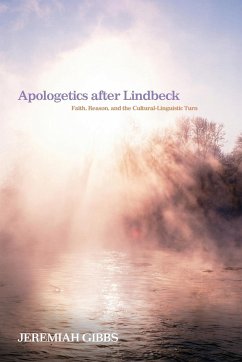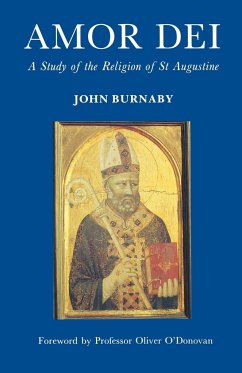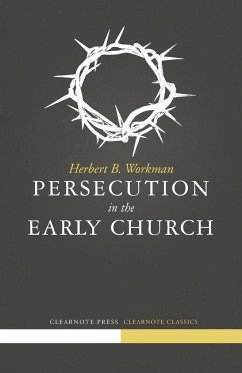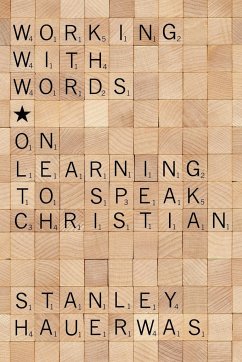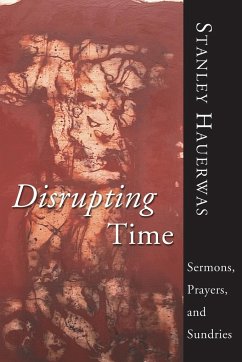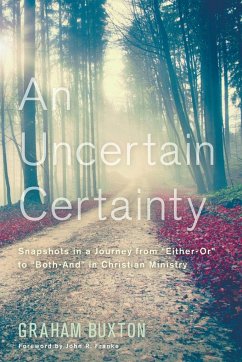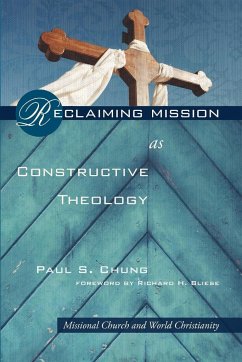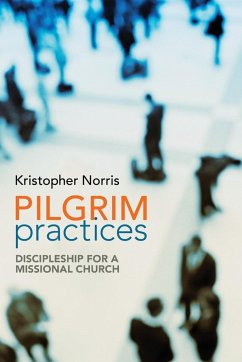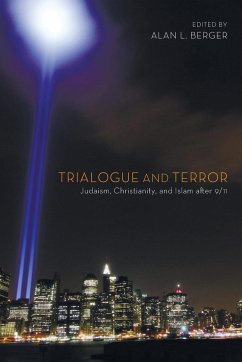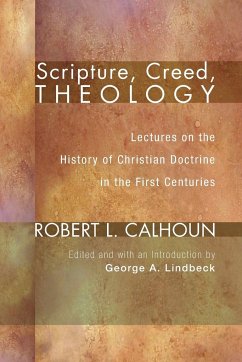
Scripture, Creed, Theology

PAYBACK Punkte
23 °P sammeln!
In this long-awaited edition of the late Robert Lowry Calhoun's lectures on the history of Christian doctrine, a powerful case is made for the scriptural basis of the ancient ecumenical creeds. The way Calhoun reads the patristic authors helps us see that the Trinitarian "three-yet-one" and Christological "two-yet-one" creedal formulations provide patterns for sorting out the highly diverse biblical ways of speaking of God and of the Messiah (Jesus) so that they are not contradictory. The implied lesson (all the more effective for many of Calhoun's students, just because he let them draw this ...
In this long-awaited edition of the late Robert Lowry Calhoun's lectures on the history of Christian doctrine, a powerful case is made for the scriptural basis of the ancient ecumenical creeds. The way Calhoun reads the patristic authors helps us see that the Trinitarian "three-yet-one" and Christological "two-yet-one" creedal formulations provide patterns for sorting out the highly diverse biblical ways of speaking of God and of the Messiah (Jesus) so that they are not contradictory. The implied lesson (all the more effective for many of Calhoun's students, just because he let them draw this conclusion by themselves) is that the creeds are not to be understood as deductions from scripture (which they are not in any straightforward way) but as templates for interpreting scripture. It is Trinitarian and Christological patterns of reading--which are implicitly operative for vast multitudes even in churches that profess to be creedless--that make it possible to treat the entire bible, Old and New Testaments together, as a unified and coherently authoritative whole.




